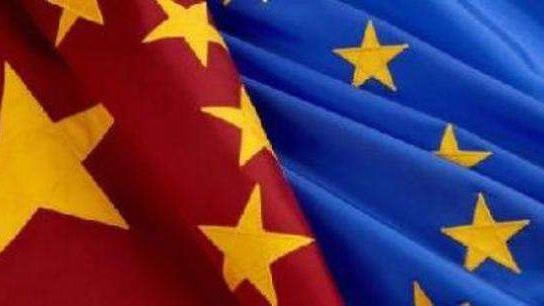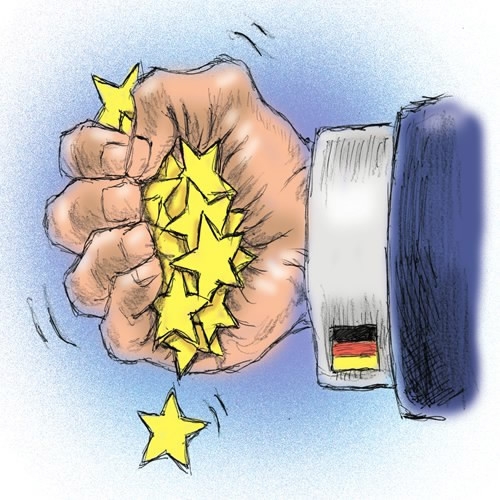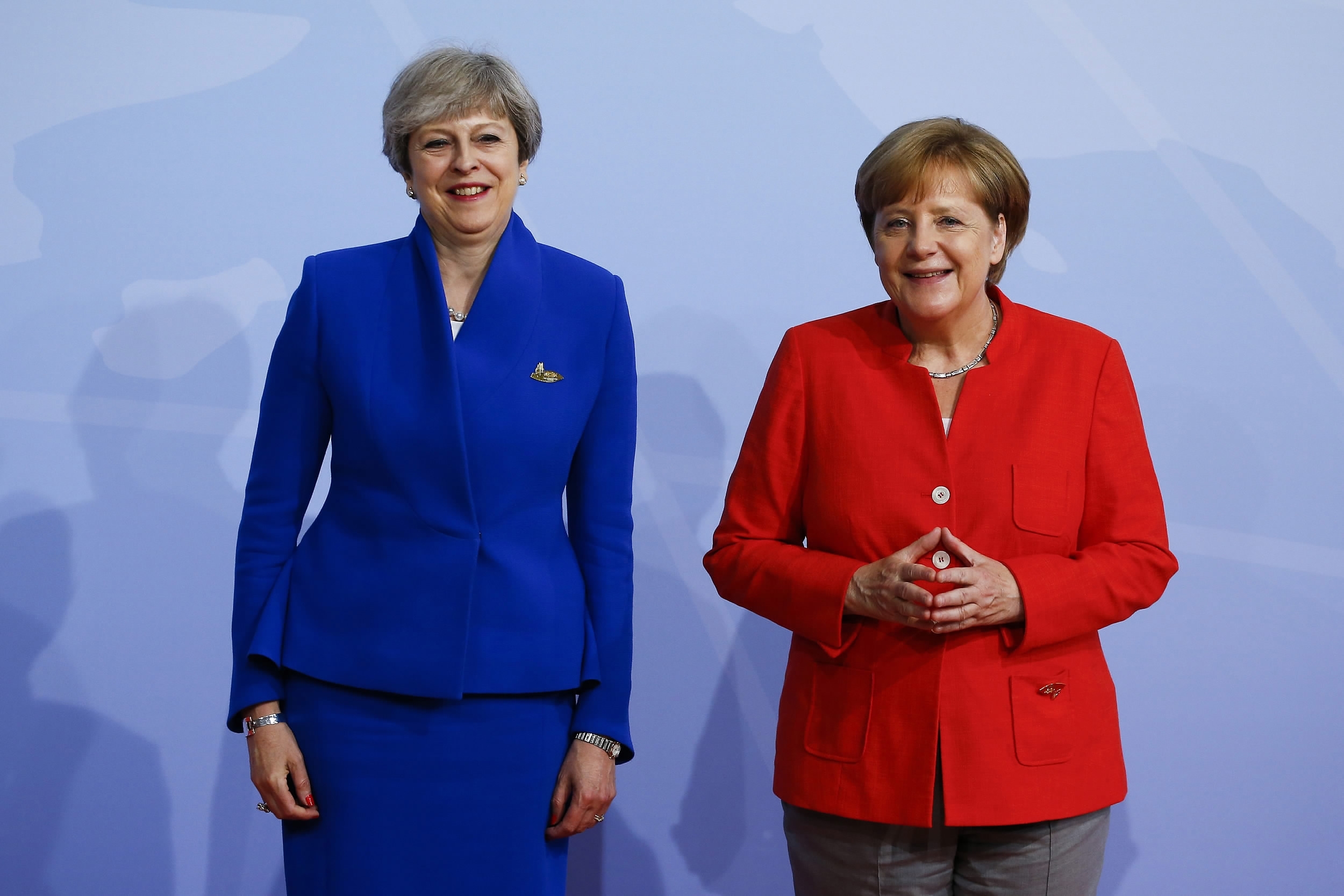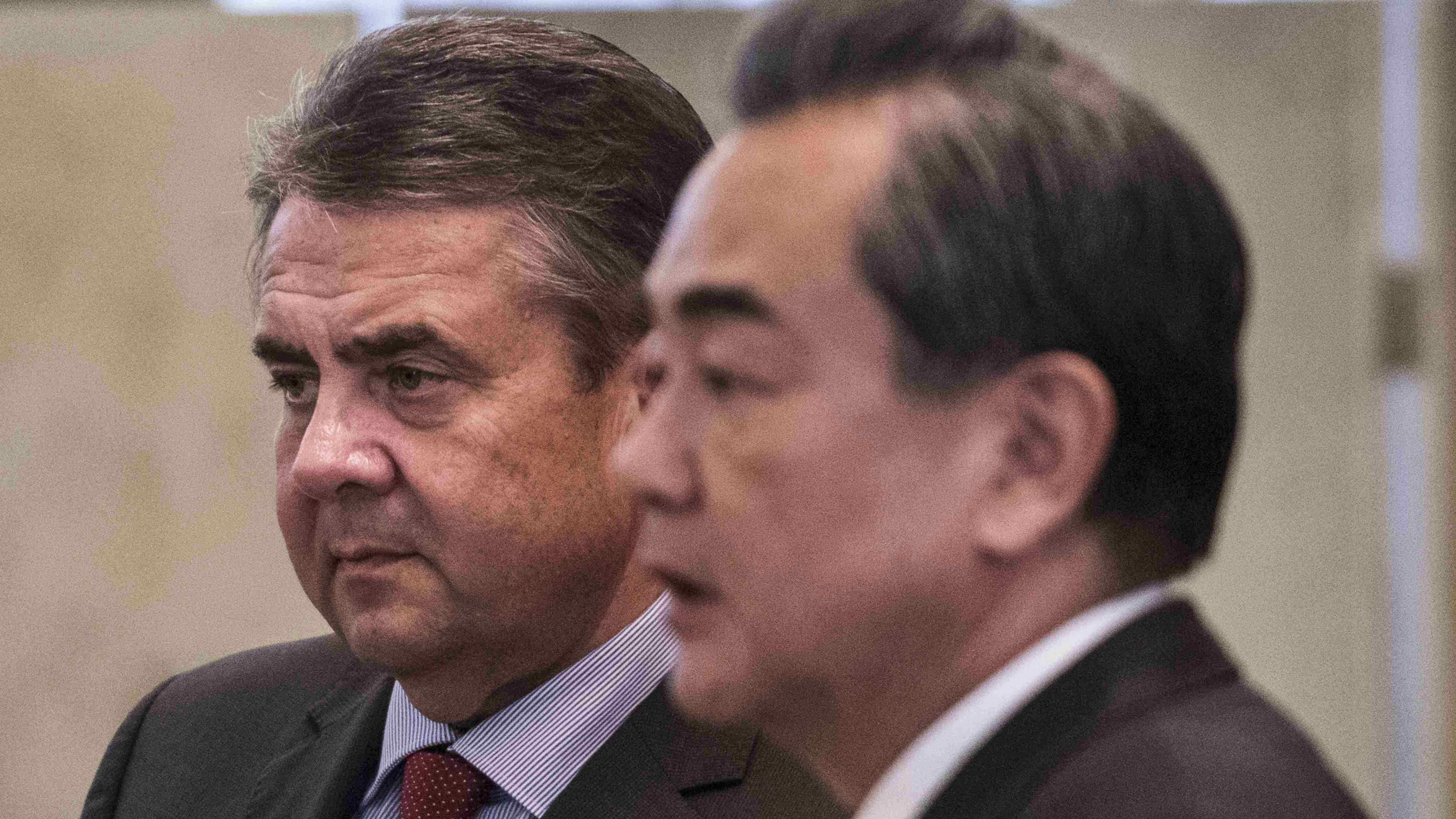
Opinions
14:59, 07-Sep-2017
Opinion: Dreams of ‘one Europe’ need actions to match
By Cui Hongjian from Global Times

Recently, in a weekly cabinet meeting in France, German Foreign Minister Sigmar Gabriel described China as one of the causes behind the declining influence of Europe and the increasing tendency toward division within the EU.
It is not uncommon for politicians in Europe to blame internal contradictions on external factors. However, Gabriel said Beijing "should adopt a 'one-Europe' policy that doesn't attempt to divide us," and inexplicably compared this policy to the one-China policy.
In Europe's present dilemma, it is understandable that Germany, which wants to secure its dominant status within the EU, spares no efforts in calling for European unity.
After all, a divided EU means that the huge economic dividends and the political influences enjoyed by Germany at the core of Europe would likely be carved up. Once the European division of labor, with Germany at the top of the value chain, collapses, it's hard to imagine where the German economy would end up.

Illustration: Peter C.Espina /GT
Illustration: Peter C.Espina /GT
Germany therefore regards the European single market and its value chain as forbidden territory, and is excessively vigilant about developing cooperation with countries outside Europe. It is particularly concerned about China's cooperation with the 16 Central and Eastern European countries.
Gabriel asked China to develop a "one Europe" stance. One Europe is feasible geographically, not in terms of politics and the economy. It is questionable that the EU with its 27 member states can represent Europe, which now has nearly 50 countries and regions.
Let's go with Gabriel's logic to equate the EU to Europe. Should China be responsible for Brexit and the dividing tendencies within the EU? The main reason behind these growing contradictions among EU countries is that Germany attempted to take a one-size-fits-all approach following the European debt crisis, forcefully implemented deflationary policies which led to voices of discontent among debtor countries and a widening gap between northern and southern Europe, and unilaterally carried out an open-door policy in pushing out the quota system across the EU during the refugee crisis.

Angela Merkel and Emmanuel Macron shake hands during a press conference at the Chancellery in Berlin, Germany on May 15, 2017. /VCG Photo
Angela Merkel and Emmanuel Macron shake hands during a press conference at the Chancellery in Berlin, Germany on May 15, 2017. /VCG Photo
Whether it is for building a strong EU or pursuing "one Europe," this has to be figured out by Europeans on their own. It is also the responsibility of Germany, since it actively seeks to lead the EU. If Germany shirks responsibility and shifts contradictions at will, it will not qualify for EU leadership, let alone be able to lead Europe in its entirety.
It is unreasonable that Gabriel compared the one-Europe policy with the one-China policy. The latter is based on historical facts and political consensus across the Taiwan Straits, and recognized by international organizations and treaties, while the one-Europe policy is only an ambiguous concept.
As a responsible partner, China has always respected and supported European integration, and emphasized the consistency of the development of relations with the EU and its member states, which is reflected in China's actions. The depth and breadth of achievements that China's cooperation with the EU is the most powerful evidence for its support of "one Europe."

China's Foreign Minister Wang Yi (R) and German Foreign Minister Sigmar Gabriel (L) attend a press conference at the Ministry of Foreign Affairs in Beijing on May 24, 2017. /AFP Photo
China's Foreign Minister Wang Yi (R) and German Foreign Minister Sigmar Gabriel (L) attend a press conference at the Ministry of Foreign Affairs in Beijing on May 24, 2017. /AFP Photo
Gabriel's words on China are merely conjecture and musings, and not based on fact. The saying reflects some Europeans' and even political elites' anxiety and their attempts to transfer the contradictions surrounding Europe's internal and external problems. Especially in the face of the looming German election and the bleak prospect of Gabriel's Social Democratic Party, there may be a more complicated political motive behind his words.
However, with dramatic changes in the current international situation, Sino-EU and Sino-German relations are at a critical point: not advancing means going back.
Therefore, the three concerned parties should cherish their present achievements and experiences, and make efforts to promote better relations.
(This piece was originally published on Global Times. The author is director of the Department of European Studies, China Institute of International Studies. The article reflects the author's opinion, and not necessarily the views of CGTN.)
Source(s): Global Times

SITEMAP
Copyright © 2018 CGTN. Beijing ICP prepared NO.16065310-3
Copyright © 2018 CGTN. Beijing ICP prepared NO.16065310-3